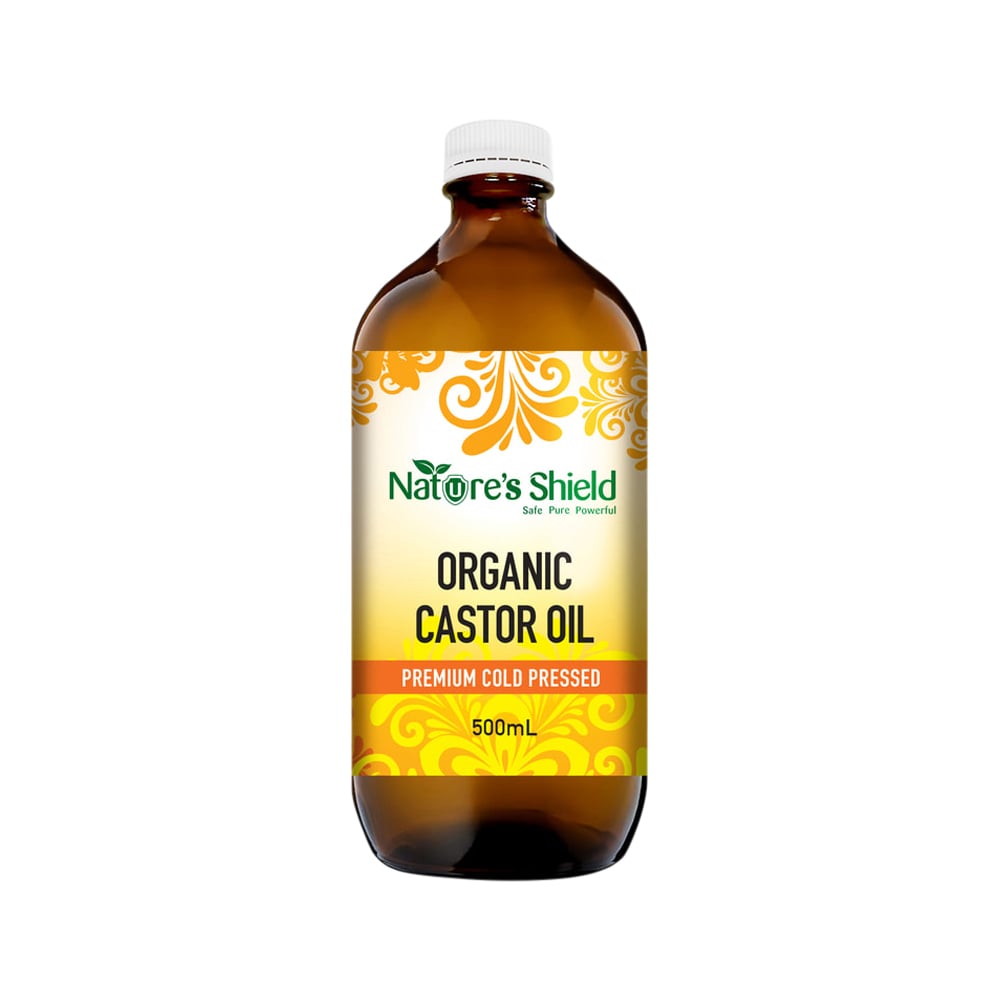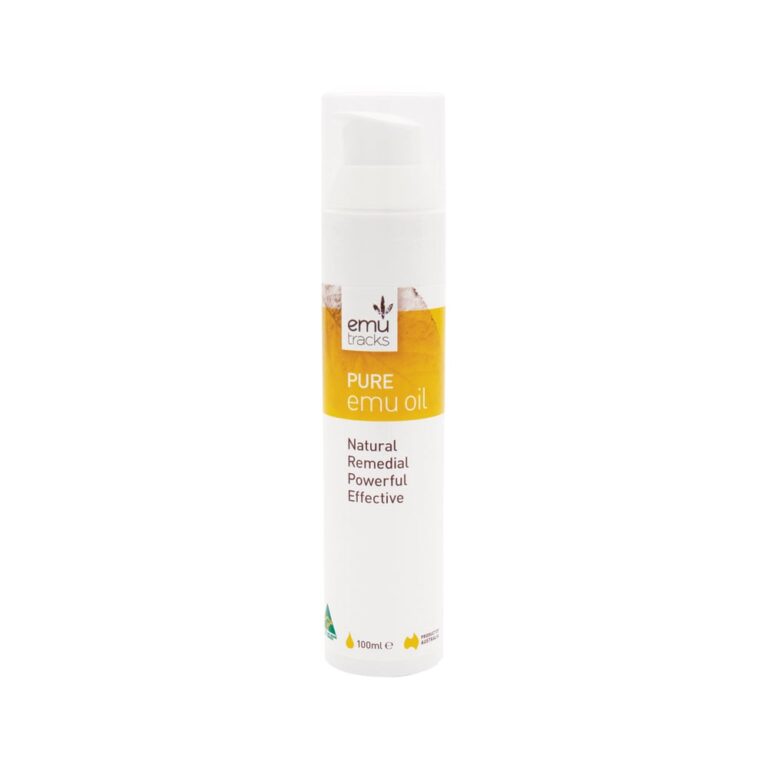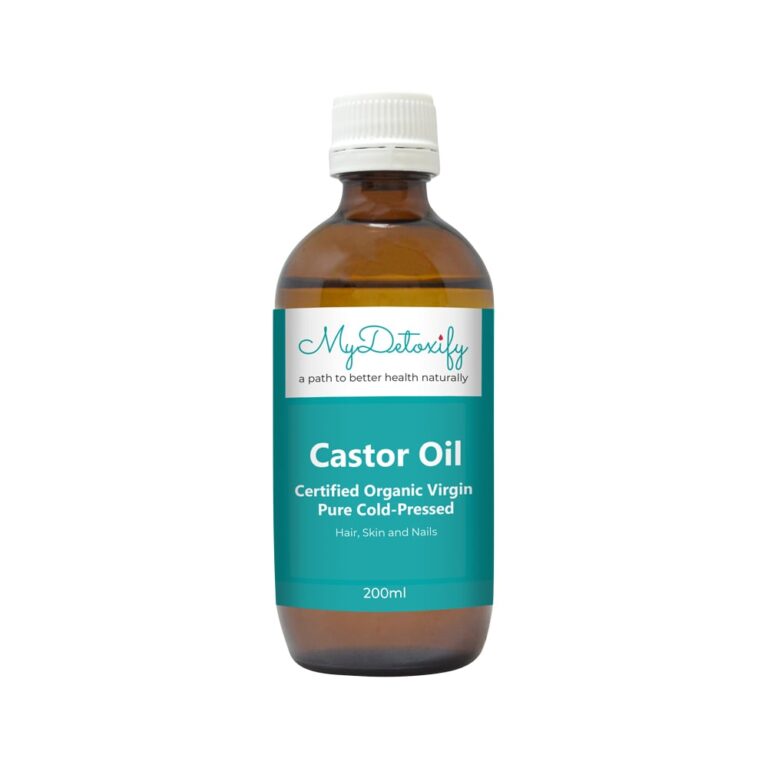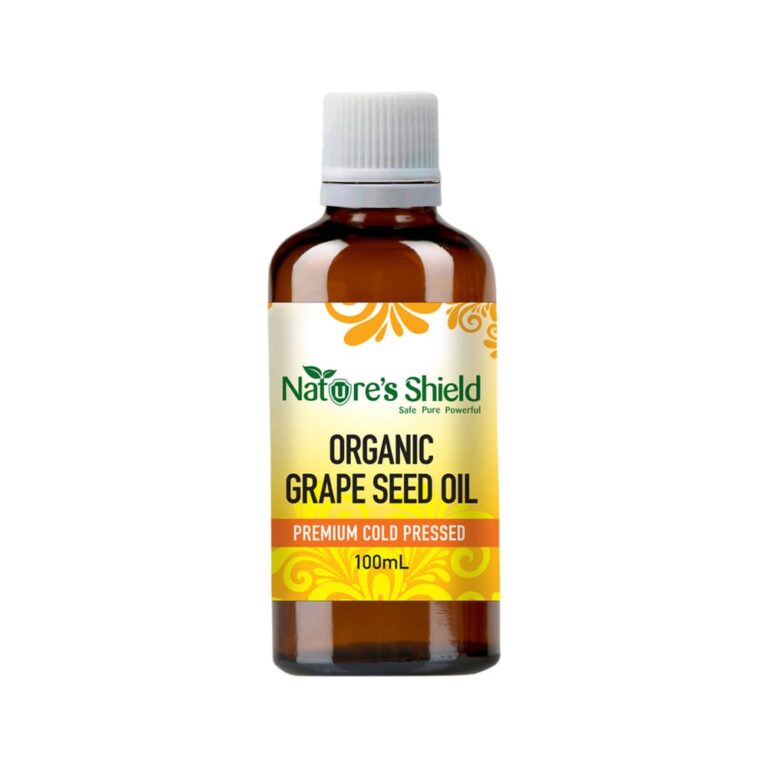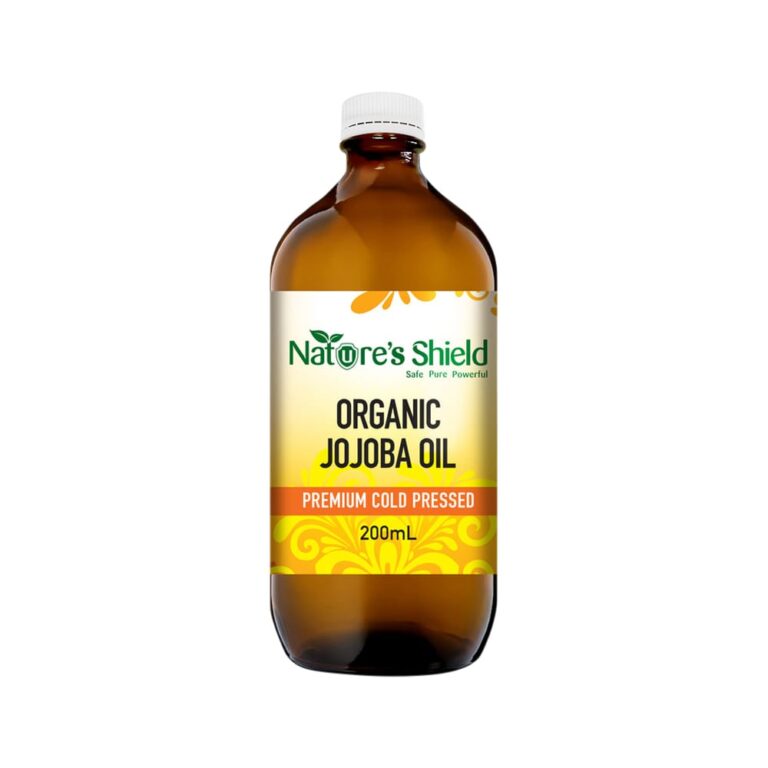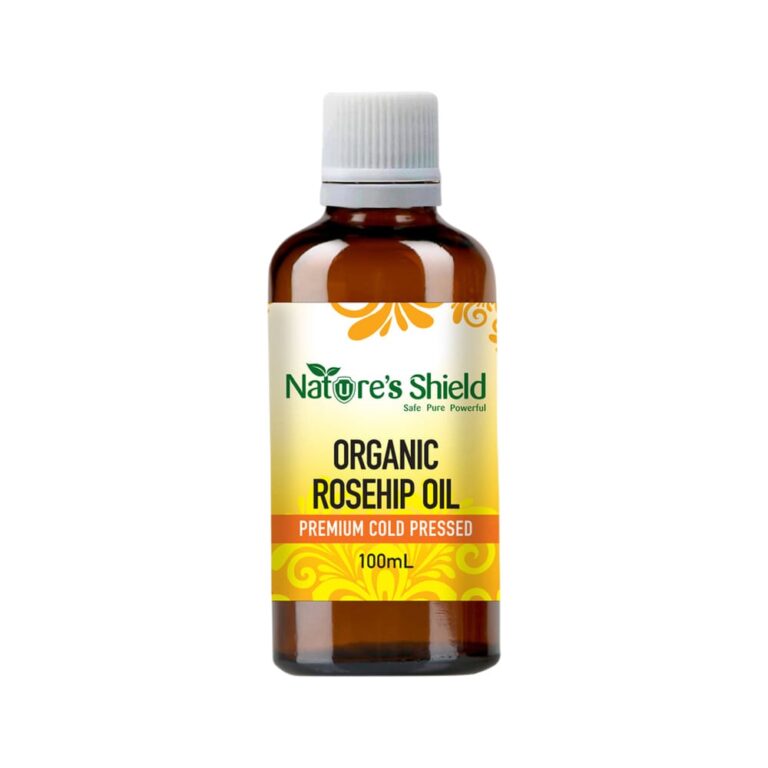Natures Shield Organic Castor Oil
Castor Oil (Ricinus communis), used since Egyptian times as a folk remedy for a wide variety of ailments. Nature’s Shield castor oil is certified organic and sustainable and is cold-press extracted, for preservation of its natural qualities.
It oils joints, softens growths and soothes inflamed skin. Nature’s Shield cold pressed castor seeds yield superior quality oil.
It can be applied on skin, hair, nails and joints . A very light coat on your eyebrows and hair acts as a glossy serum and promotes hair growth.
Massage – Castor Oil is also one of the few carrier oils that can be used as an emulsifying agent. In cosmetics applications, Castor Oil can be used in creams & lotions, body butters, soaps and massage products . Try a skin patch test prior to applying.
$36.95
Certified Organic
| Certification |
|---|
Product information
| Brand | |
|---|---|
| Certificate | |
| Volume | |
| Product Attributes | , , , |
Ingredients
100% organic castor seed oil.
Plastic Free Supply Chain
Nature’s Shield Castor Oil’s are part of the plastic free supply chain program. The raw material comes in steel drums, is stored in stainless steel tanks and is filled into glass bottles using made in Australia filling machines.
This product is free of Hexane.
Directions for use
Store in a cool, dry place, away from direct sunlight.
Customer Reviews
You May Love...
Online Sports Nutrition and Natural Dietetics.
Chances are there wasn't collaboration, communication, and checkpoints, there wasn't a process agreed upon or specified with the granularity required. It's content strategy gone awry right from the start. Forswearing the use of Lorem Ipsum wouldn't have helped, won't help now. It's like saying you're a bad designer, use less bold text, don't use italics in every other paragraph. True enough, but that's not all that it takes to get things back on track.
The villagers are out there with a vengeance to get that Frankenstein
You made all the required mock ups for commissioned layout, got all the approvals, built a tested code base or had them built, you decided on a content management system, got a license for it or adapted:
- The toppings you may chose for that TV dinner pizza slice when you forgot to shop for foods, the paint you may slap on your face to impress the new boss is your business.
- But what about your daily bread? Design comps, layouts, wireframes—will your clients accept that you go about things the facile way?
- Authorities in our business will tell in no uncertain terms that Lorem Ipsum is that huge, huge no no to forswear forever.
- Not so fast, I'd say, there are some redeeming factors in favor of greeking text, as its use is merely the symptom of a worse problem to take into consideration.
- Websites in professional use templating systems.
- Commercial publishing platforms and content management systems ensure that you can show different text, different data using the same template.
- When it's about controlling hundreds of articles, product pages for web shops, or user profiles in social networks, all of them potentially with different sizes, formats, rules for differing elements things can break, designs agreed upon can have unintended consequences and look much different than expected.
This is quite a problem to solve, but just doing without greeking text won't fix it. Using test items of real content and data in designs will help, but there's no guarantee that every oddity will be found and corrected. Do you want to be sure? Then a prototype or beta site with real content published from the real CMS is needed—but you’re not going that far until you go through an initial design cycle.
